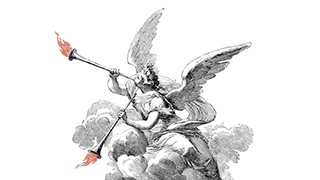This Extreme Sect of Vegans Thinks Your Baby Will Destroy the Planet
Meet the anti-natalists, people who believe reproduction is wrong.
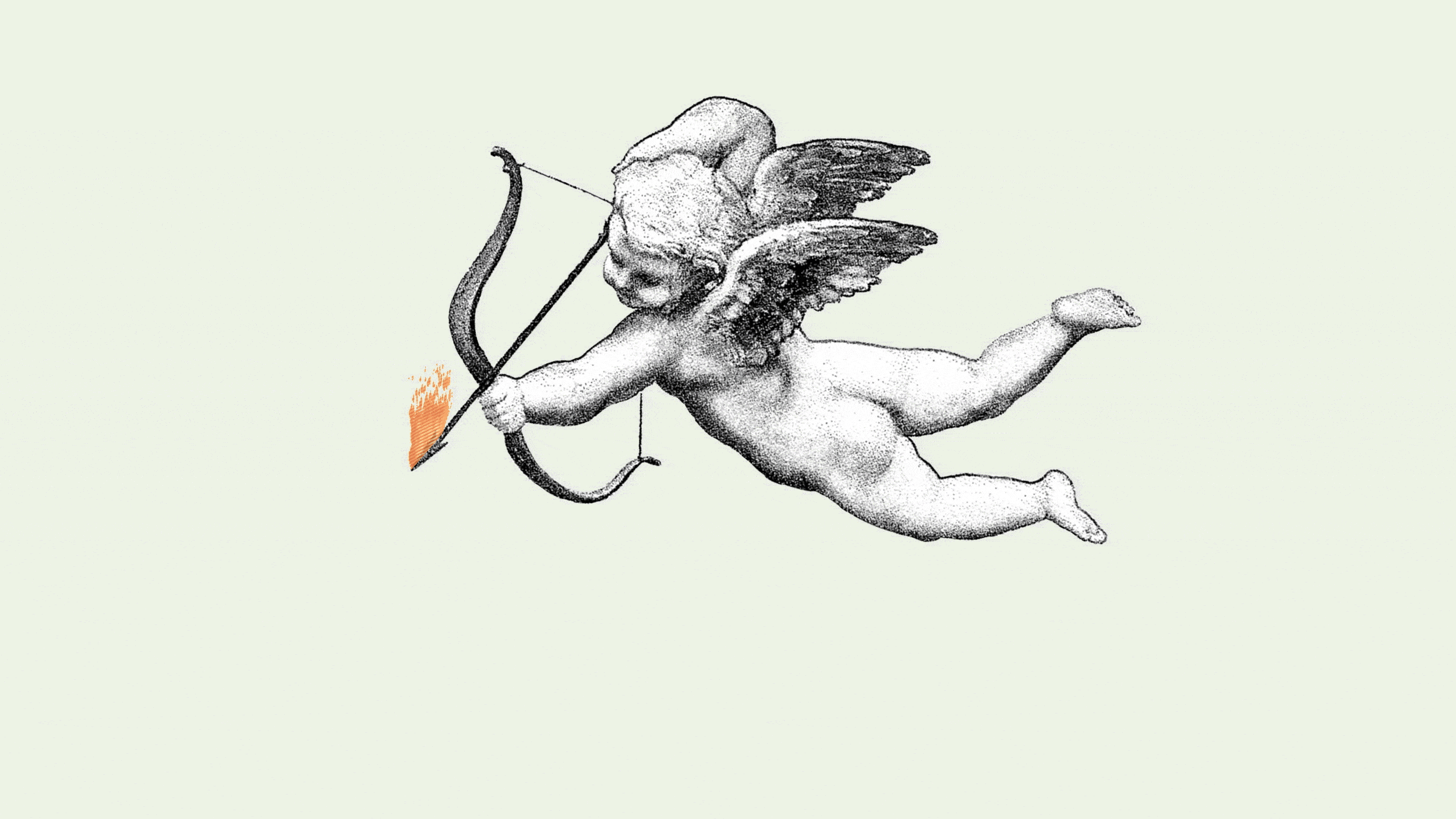
Imagine for a moment that you and your partner have recently discovered you’re going to be parents. You’ve held this secret between the two of you for a few months now, but your bump is showing, and you’re starting to buy onesies, and you’re just so thrilled that you’re really, truly pregnant that you want to share it with the world. So you create your perfect Facebook post, with two adult-sized pairs of shoes and a little bitty baby pair and the words “Family of Three: Spring 2018!” scrawled in pink or blue handwriting font. And you wait for the congratulatory comments to start rolling in—“Ahhh so exciting,” and “can’t wait to meet the little nugget,” and “omg you’re going to be the best mom!”
But then, something else happens. Your notifications, instead, are replete with “Ew”s. You are called a “Mombie” and your forthcoming offspring “crotch-fruit” and “semen demon.” You are congratulated, not on your bundle of joy, but on “your latest contribution to overpopulation.”
You, once-elated mom-to-be, have fallen victim to the anti-natalists.
“The optimal population of earth is zero.”
Anti-natalists are adherents of the philosophy that human beings are a destructive force to animals and to the earth, and therefore it’s morally wrong to create more of them. It isn’t possible, anti-natalists point out, to ask fetuses if they wish to be born (or get an answer out of them, anyway), so having a child means foisting life on another being without his or her consent.
“Our parents thrust us into the world but they won’t be living our lives for us. There’s no way to predict your future or your child’s—but there will be guaranteed loneliness, disappointments, frustration, fears, illnesses, long work hours, and pain,” says Diane Bandy, a writer, animal advocate, and anti-natalist from Pittsburgh, Pennsylvania. “Reproduction and parenting have been falsely glamorized. I never saw any logic to the idea that parenting is life-affirming.”
Bandy learned about anti-natalism about six years ago, and subsequently founded an anti-natalist Facebook group and a YouTube channel dedicated to the idea that everyone should stop having kids. Though the movement is fringe, it’s catching on—as of press time, an anti-natalist subreddit has more than 9,000 members and a few anti-natalist Facebook groups count thousands of followers. “The anti-natalist and childfree community is growing rapidly with younger folks, especially millennials,” Bandy claims.
Its ideals are not new. Homer and Sophocles both had anti-natalist tendencies; 19th century philosopher Arthur Schopenhauer espoused sparing future generations the burden of existence; and Norwegian philosopher Peter Wessel Zapffe wrote in the 1930s that human life is a biological paradox. In the 1990s, the concept was explored in the context of welfare reform.
Get exclusive access to fashion and beauty trends, hot-off-the-press celebrity news, and more.
The best-known proponent of modern anti-natalism is David Benatar, Ph.D., a philosophy professor at the University of Cape Town in South Africa who argued that life is “pointless, avoidable suffering” in his book Better Never to Have Been: The Harm of Coming Into Existence. “The optimal population of earth is zero,” Benatar says. “The reason I focus on preventing people for their own sakes is because it’s the only way to guarantee people don’t suffer.”
“Anti-natalists feel it’s not fair to the children who are born and left with the mess we leave behind.”
“No one will be hurt by another human and no human will hurt or commit crimes against others if people are not born,” explains Bandy. “Remember that all criminals were once little babies or innocent children.”
Joanna V., a 27-year-old anti-natalist and animal rights activist (who asked that we refrain from using her last name for fear of vilification from her small community) never liked kids, still doesn’t, and has never had any desire to have them. She argues that anti-natalism is about more than simply refraining from having kids.
“Being child-free is a choice that could be made for financial, physical, emotional, or any other number of reasons, whereas anti-natalism has a worldly perspective,” she says. “Anti-natalists feel it’s not fair to the children who are born and left with the mess we leave behind.”
Part of that mess, anti-natalists would say, is the rapid destruction that human beings are wreaking on the planet through man-made climate change. The concern for animals and the environment has led both Joanna and Bandy to veganism, a diet that eschews all animal products—meat, eggs, dairy, honey. A not uncommon crossover.
The two philosophies overlap under the broad umbrella of “harm reduction” and many proponents feel they go hand-in-hand. Because they’ve already adopted plant-based diets that reduce their carbon footprints, some vegans say it’s incongruous, even hypocritical, to produce children that will help deplete the earth’s resources, contribute to overpopulation, and could very well decide as adults to renounce veganism and bear children themselves. Bandy, for one, believes it’s a double standard for vegans to have biological children when there are adoptable and foster children they could raise instead.
“I love the idea of happy, healthy, progressive people raising kids.”
Like many anti-natalists, many vegans think they’re saving the earth because their lifestyle choices are more environmentally friendly. That mindset, at times, breeds moral superiority, and the vocal self-righteousness is—like much today—emboldened by the anonymity of the internet.
Megan Sadd, founder of a popular vegan cooking blog, Carrots and Flowers, chose to have children—a decision that upset some of her followers who felt she was going against the tenets of veganism. One of her (less-vulgar) commenters summed it up by arguing that "our species already steals enough land from wild animals and, as vegans, we should be aware of that and shouldn't be self-centered or human-centered and adopt instead of adding more humans." Sadd says that even in online vegan pregnancy and parenting group she belongs to, some members “tell you you’re shitty for having kids.”
Still, she was shocked that her followers reacted negatively when she announced she was pregnant. “I love the idea of happy, healthy, progressive people raising kids, so I was taken aback.”
“It’s hard enough for vegan families to raise children in a non-vegan world. They have to deal with a lot of pushback already without getting it from other vegans,” explains Casey Taft, Ph.D., a father, professor of psychiatry at Boston University, and co-founder of a vegan publishing company. “Because vegan parents often experience bullying online, they start to feel afraid to talk about anything related to their kids,” he says, adding that the truly scary thing is that some anti-natalists have taken their anger past preaching no procreation to threatening already existing offspring, like a recent meme that joked about feeding bleach to children.
As much as some people might love babies and hate vegans with equal zeal, vegan anti-natalists do have data in their corner. The environmental impact of eating meat is still a matter of debate, but there is evidence that worldwide livestock production and transport is a significant contributor to greenhouse gas emissions and that cattle production harms the environment more than driving cars, as a report by the Food and Agriculture Organization of the United Nations concluded.
There’s plenty of research supporting the idea that less procreation would have a positive impact on the environment, as well. Oregon State researchers concluded that under current conditions in the U.S., each new kid contributes more than 9,000 metric tons of carbon dioxide to the environment. A study released in July 2017 shows that the number-one way for an individual to mitigate climate change is to have fewer children.
“There are many ways to reduce our ecological footprint, including eating low on the food chain and making wise transportation choices,” says Les Knight, a substitute teacher in Portland, Oregon, and spokesperson for the Voluntary Human Extinction Movement (VHEMT). “But all of them pale in comparison to avoiding the creation of a new human with a lifetime of impact.”
The number-one way for an individual to mitigate climate change is to have fewer children.
“Absolutely, it’s the case that we need less procreation,” says Susan Clayton, Ph.D., a professor of psychology and environmental studies at the College of Wooster in Ohio. “Regardless of whether you agree that we have too many people on the earth now, I think people have to admit that there is an upper limit to the population we can support.” By some estimates, 10 billion people is the maximum number the planet could conceivably produce food for. The UN predicts we’ll reach 11 billion people by 2100.
Climate change is already a hot-button issue, and whether population control might help is something many people don’t want to consider. “Liberals are forever saying, ‘Why can’t these idiots admit that climate change is real?’” says Philip Cafaro, Ph.D., a father of two, philosophy professor at Oregon State University, and co-editor of the anthology Life on the Brink: Environmentalists Confront Overpopulation. “But when we say, ‘Well, maybe we should set limits on population growth,’ they recoil.”
RELATED STORIES
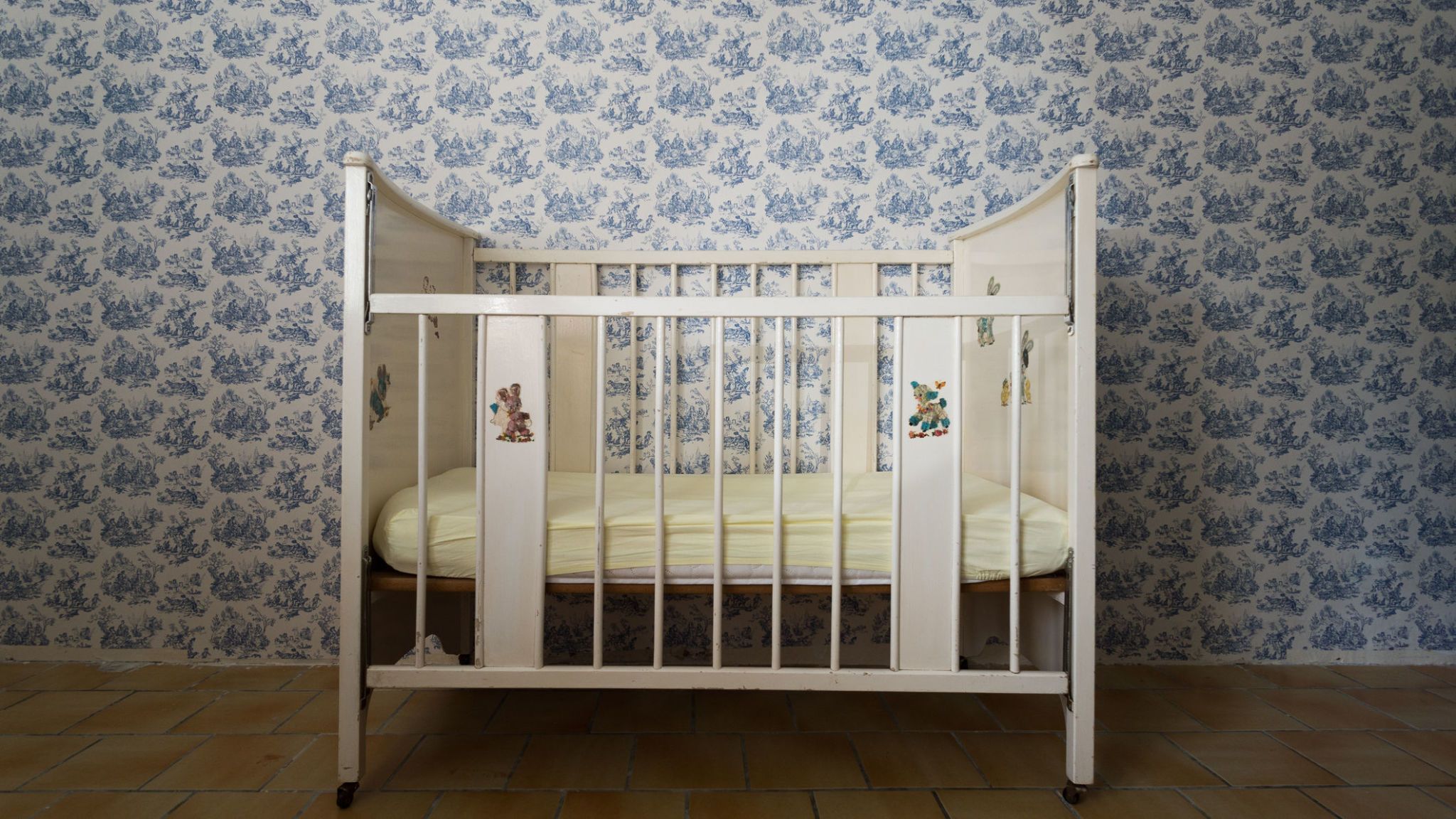
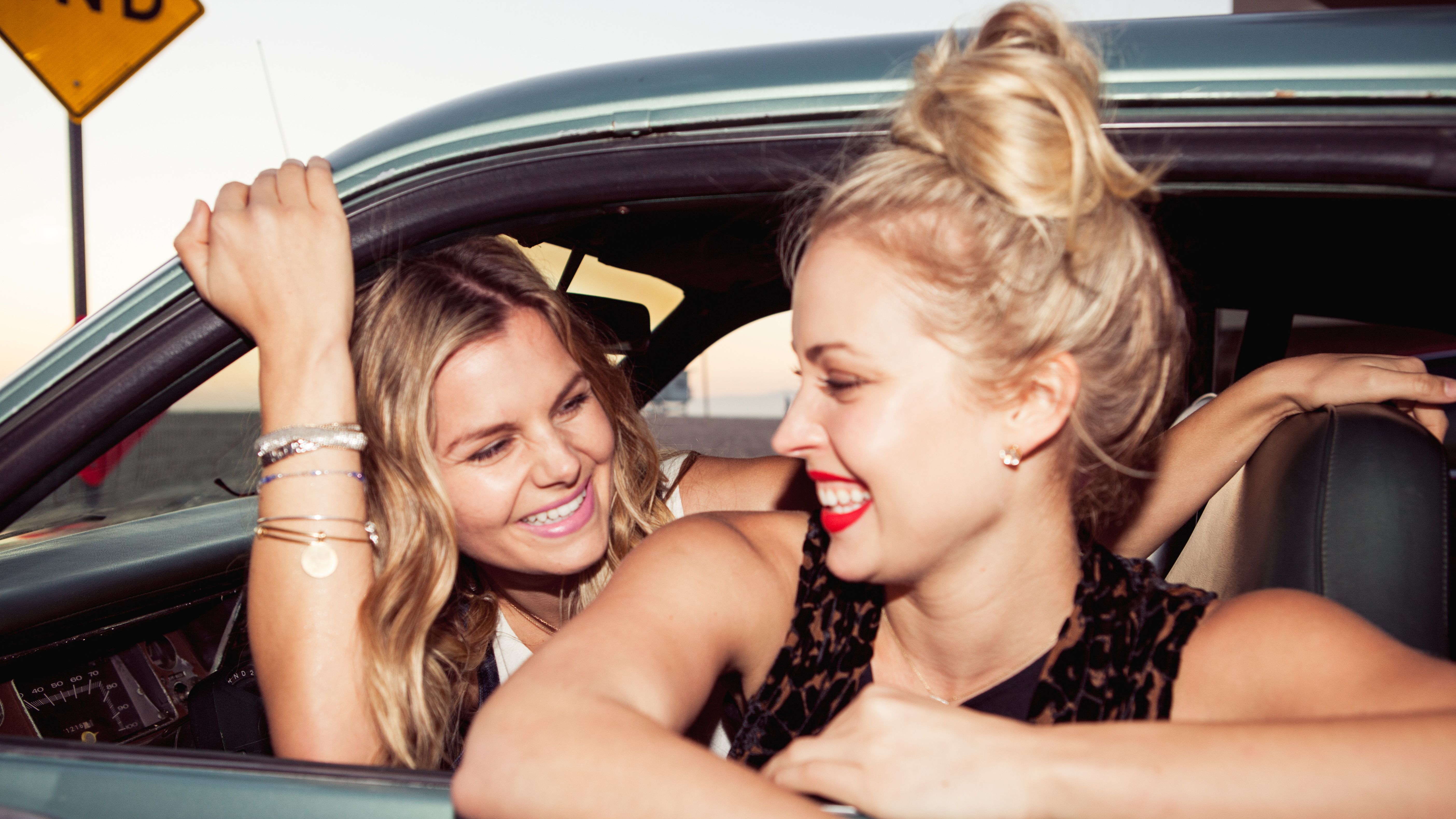
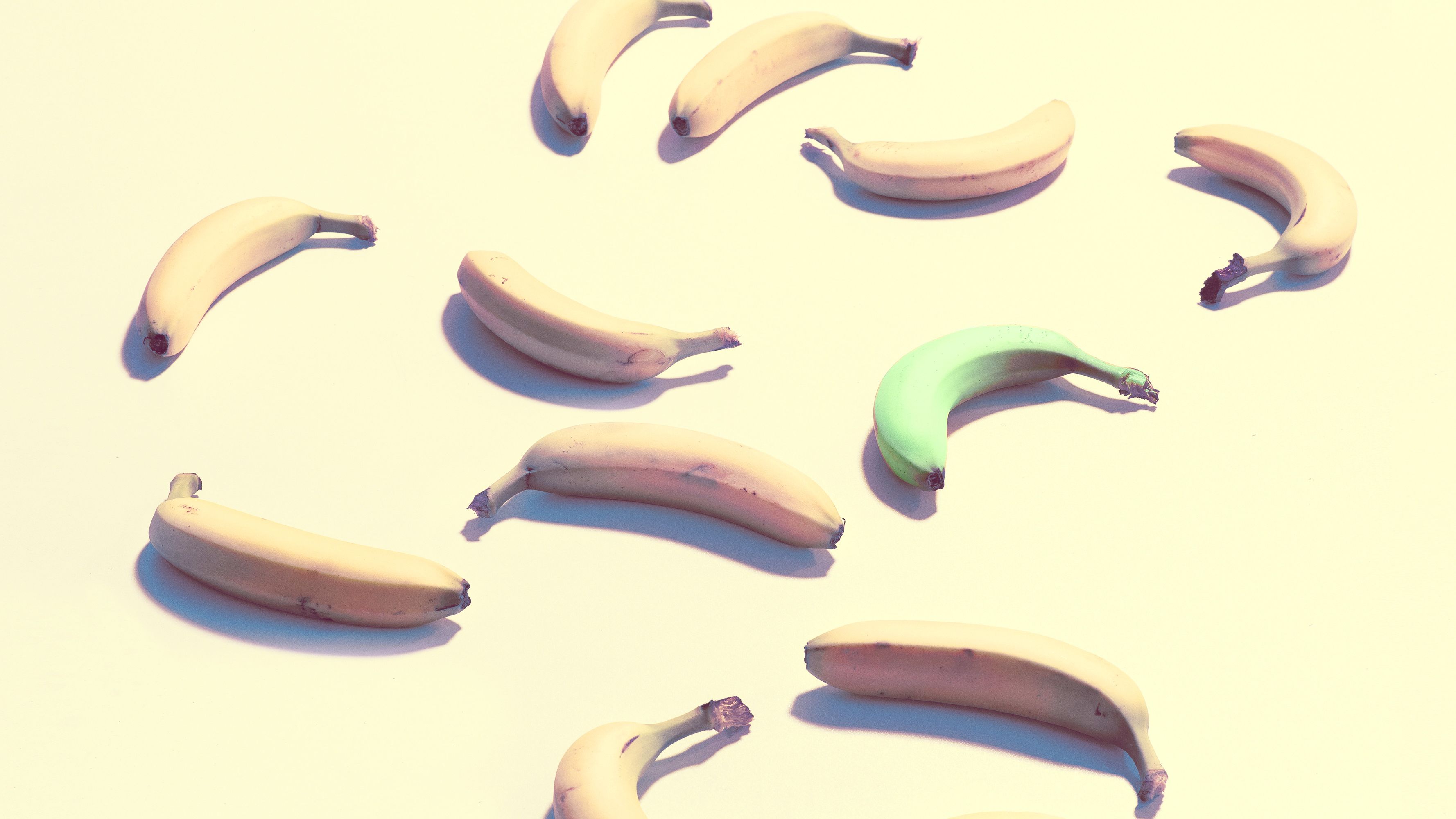
Limiting or having no children may be rational, but rationality isn’t why many people have children. It’s emotionality. The black-and-white nature of the anti-natalist argument is unpalatable to the many people who—for a variety of reasons—think there’s no greater joy than being a parent. Religious Christians and observant Jews will tell you God commanded them to “be fruitful and multiply.” Atheists will argue childbearing is more basic than that; it is a biological imperative. Reproduction is part of how scientists define living matter.
Population control is a sensitive topic, Clayton acknowledges, “so I don’t think an anti-natalist argument is likely to be effective. It’s a very personal decision, and I think shaming people is likely to make them defensive and dismissive instead of cooperative.” Helen Marshall, a 38-year-old vegan anti-natalist who works as a nurse, agrees. Although she thinks the earth would be better off if fewer people had babies, Marshall says she doesn’t see much point in pushing her views on people who want children. She’s even found trying to express her views to her own family pointless.
“My mom seemed confused and disappointed by my stance on not giving her grandchildren, but her life with children seemed miserable and lonely,” she says. Marshall’s mother-in-law was angered by the decision as well, even though her son (Marshall’s husband) feels the same way about children. “My mother-in-law even made a comment that I would be redeemed in her eyes if I bore offspring. That way of thinking is oppressive and conditional. I don't live my life to placate others.”
Even though said others do their damnedest to convert her. “Ninety-nine percent of the time when you tell someone you’re vegan or anti-natalist, they’ll argue with you and try to change your beliefs,” Marshall says. “It frustrates me and belittles my values. If I pushed my beliefs on them, I’d be just as bad as they are. But some anti-natalists do use the movement to feel superior to other people,” she admits.
Because becoming a parent is such an important part of life for the majority of people—whether because it feels like a biological imperative or a religious, social, or family expectation—they can be uncomfortable, even repulsed, by the suggestion that humans shouldn’t reproduce or should be told to limit the number of children they have. Even Benatar thinks it unlikely that people will accept the idea that no one should reproduce; he says laws limiting procreation won’t work and would just create misery, including infanticide or forced sterilization.
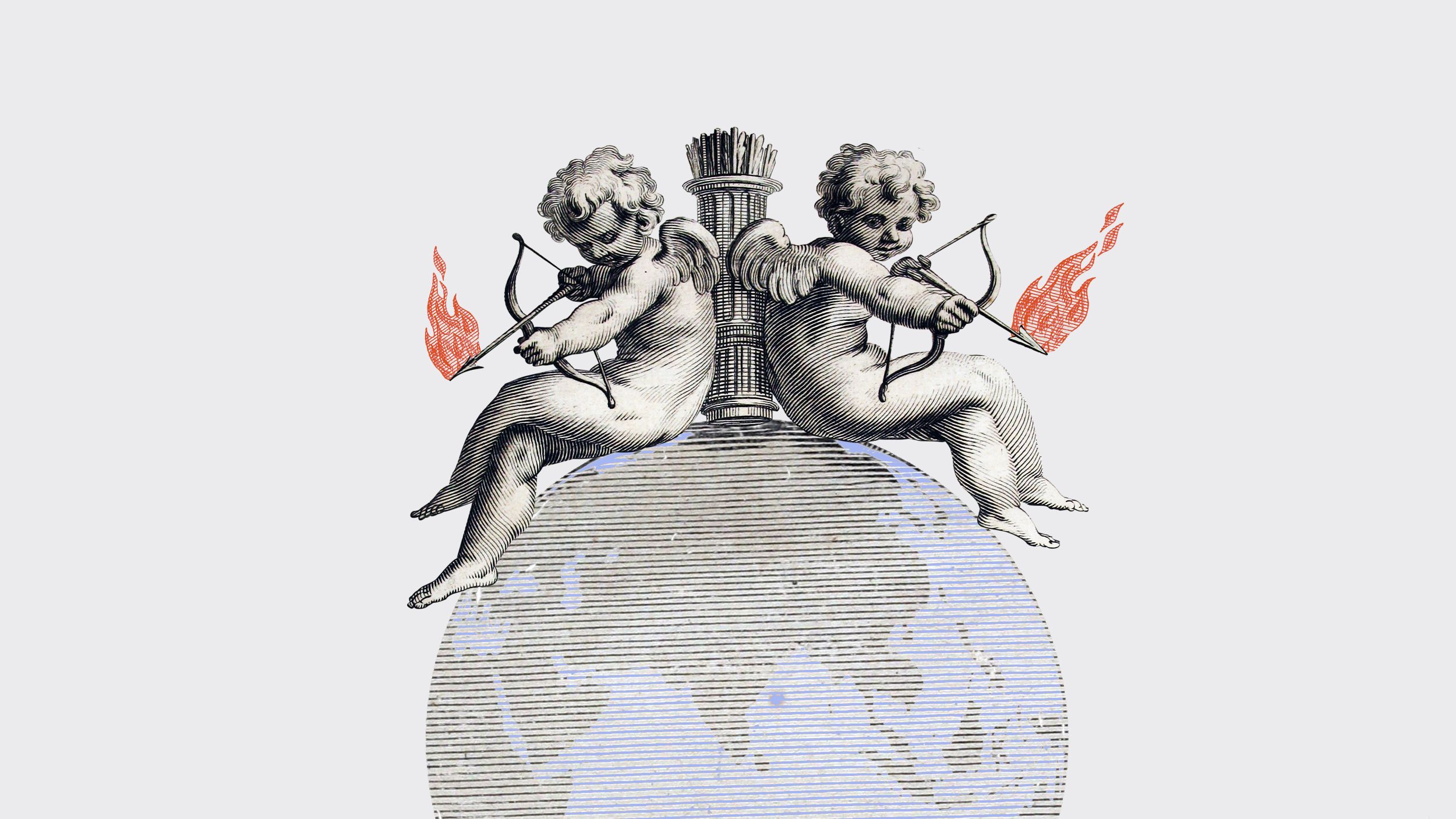
A more realistic approach for anti-natalists hoping to influence culture (and one less likely to bring to mind China’s one-child policy or scenes from The Handmaid’s Tale) might be persuading people who can’t resist the pull of parenthood that having just one or two children is a better idea than four or five. And anti-natalist or anti-anti-natalist alike, can’t we all agree that child-bearing should be a choice rather than an expectation?
Can’t we all agree that child-bearing should be a choice rather than an expectation?
When Joanna was a teenager, factors such as “the environment, starving people in the world, the world being messed up with regards to the human rights of anyone who isn’t white, male, Christian, or from a western country,” bolstered her inclination to not have kids of her own, she explains. When she mentions any of this, though, “most people are dismissive, telling me I’m too young to decide (even though people my age can pop out babies, no problem) and that I’ll regret not having any. Some are hostile and seem to feel personally attacked.”
Marshall, too, wants society to stop associating not wanting children with selfishness and immaturity. She hopes that anti-natalists can normalize child-free lifestyles so they're seen as just as sane and healthy as procreation.
“I recently started a new job and work primarily with women, and they literally all have children,” she says. “I get asked every day if I have any, and when I say no, there’s always a massive silence that I’m expected to fill. And I still don’t know how. It’s a very difficult belief to open up about and discuss with people. Society judges you so harshly for beliefs that are not mainstream.”
